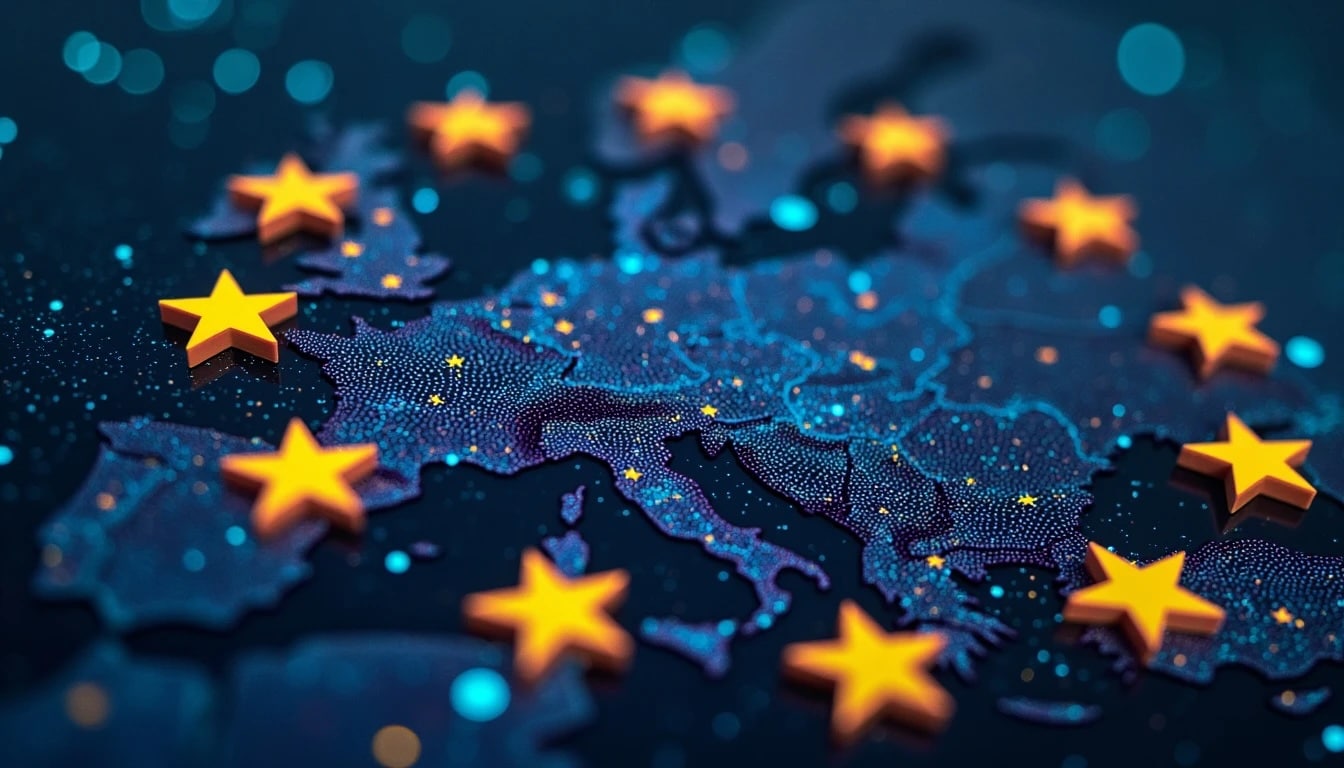Microsoft has taken a new step in its digital engagement strategy with Europe by introducing a series of Sovereign Cloud solutions designed to empower European organizations in data control, privacy, compliance, and digital resilience. The announcement strengthens the American tech giant’s position in the competitive European cloud market, where technological sovereignty and local data control have become key factors, particularly in regulated sectors and public administrations.
A Cloud for Every Need: Public, Private, and Partner Clouds
Microsoft Sovereign Cloud is structured into three main components: Sovereign Public Cloud, Sovereign Private Cloud, and support from Local Partner Clouds. The goal is to provide customers of all sizes—including governments, large enterprises, and critical industries—the option to choose the level of control, location, and autonomy over their data, without sacrificing innovation or the advanced capabilities of the public cloud.
Sovereign Public Cloud: Evolving from Microsoft Cloud for Sovereignty, it will be available in all European cloud regions, allowing customer data to remain under European jurisdiction and control, managed and encrypted by European personnel. It includes enterprise services such as Microsoft Azure, Microsoft 365, Microsoft Security, and Power Platform.
Sovereign Private Cloud: Incorporating Azure Local and Microsoft 365 Local, it allows the deployment of cloud and enterprise productivity services in data centers under the total control of the customer, without leaving national or European territory. This is especially relevant for public administrations, critical infrastructures, and regulated industries.
- Local Partner Clouds: In France and Germany, Microsoft operates through agreements with Bleu (Orange and Capgemini) and Delos Cloud (SAP), respectively, to offer services in a managed environment owned by European partners, meeting local sovereignty and certification requirements.
New Solutions for Enhanced Control
Among the newly presented offerings are Data Guardian (providing advanced data access control, ensuring local human intervention and supervision for remote access), External Key Management (external management of cryptographic keys in local or third-party HSMs), and Regulated Environment Management (a unified platform for configuring and monitoring regulated environments and access policies).
These tools aim to simplify digital sovereignty management, facilitating the implementation of residency, encryption, and compliance policies under EU legislation for European customers.
European Partner Ecosystem and Commitment to Digital Sovereignty
Microsoft also announced a new Sovereign Cloud specialization in its AI Cloud Partner Program, involving partners such as Accenture, Capgemini, Dell, IBM, Lenovo, Telefónica, Vodafone, and other major integrators and consultants across the continent. The aim is to build a robust ecosystem that enables European organizations to adopt and operate cloud solutions under the highest standards of autonomy and control.
Aiman Ezzat, CEO of Capgemini, remarked: “The launch of Microsoft Sovereign Cloud marks a crucial moment in empowering European institutions and industries with the control, governance, and innovation they need to thrive in today’s digital economy.”
An Open Debate on True European Sovereignty
While Microsoft’s focus on digital sovereignty responds to the demands of European regulators and governments, experts and analysts warn that true European technological sovereignty should involve fostering 100% European providers. Companies like OVHcloud, ScaleWay, Stackscale (Aire Group), or Aruba Cloud offer European alternatives where ownership, control, and infrastructure are entirely in the hands of companies on the continent, which is not always the case with large American multinationals, even if they adapt their offerings and ensure local operations.
Thus, the concept of “cloud sovereignty” continues to generate debate: for some, collaboration with global players like Microsoft allows access to innovation and advanced capabilities under European standards. For others, full sovereignty will only be achieved through the development and adoption of 100% European, autonomous cloud solutions, independent of the geostrategy of third countries.
The Future of the European Cloud at Stake
In a context marked by geopolitical volatility and growing concerns about data security and digital autonomy, Microsoft’s initiative strengthens competition in the sector and accelerates the debate on the European cloud model. Everything points to the coexistence—and rivalry—between adapted global solutions and native European providers shaping the evolution of technological sovereignty on the continent in the coming years.
References: Microsoft News

